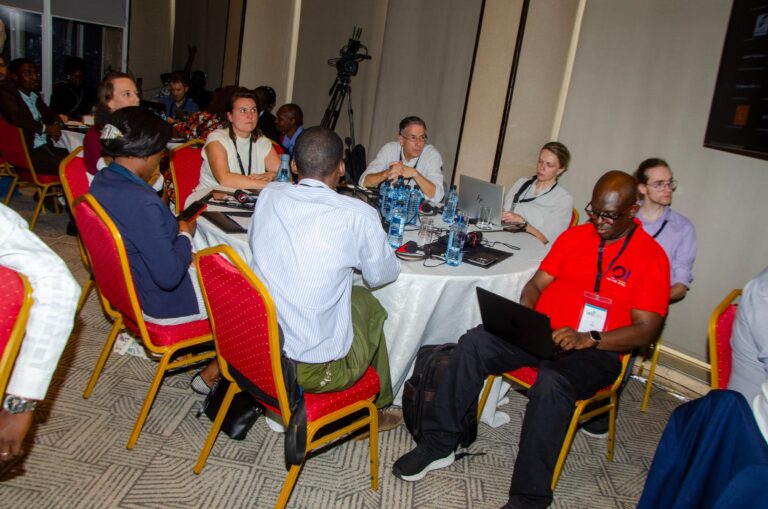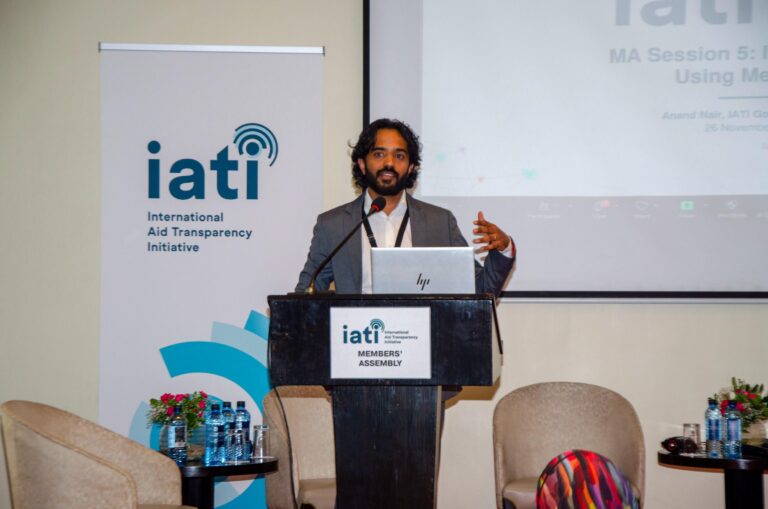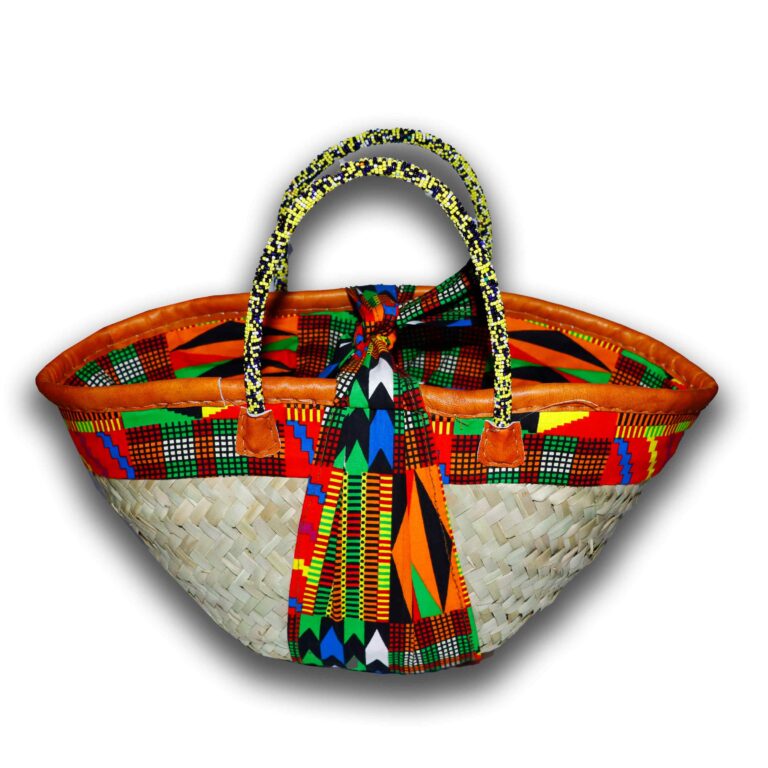A Fun Day Organizer in Kenya plays a vital role in creating exciting, memorable events that bring people together for entertainment, bonding, and relaxation. Whether it’s within a corporate setting, a school, a church, or a community, fun days provide opportunities for interaction, teamwork, and celebration. Professional organizers handle everything from logistics and entertainment to catering and safety, ensuring participants enjoy a stress-free and fun-filled experience.
Table of Contents
Why hire a Fun Day Organizer?
Organizers bring experience, local vendor networks, and an organised process that reduces stress for hosts. They handle:
- Venue sourcing and permits
- Timetabling and activity flow
- Supplier coordination (tents, sound, catering, rides)
- Health & safety and crowd control
- Marketing, ticketing and attendee management
- On-the-day operations and clean-up
For schools, corporates or community groups with limited event experience or tight staff time, hiring an organizer saves time and often reduces overall cost through negotiated supplier rates.
Types of Fun Days -Fun Day Organizer in Kenya
1. School Fun Day (Primary, Secondary & Preschools)
Objective: Reward students, promote physical activity, showcase talent, engage parents.
Typical components:
- Sports tournaments (sprints, relays, tug-of-war, obstacle courses)
- Inflatable play zones, trampolines, merry-go-rounds (age-appropriate)
- Talent shows, art exhibitions, science-fair stalls
- Educational booths (first aid, environmental clubs)
- Teacher vs student games and parent participation events
Considerations: child-safe equipment, first aid station, wristbands for children, crowd control for parents.
2. Corporate Fun Day / Team Building Day
Objective: Improve teamwork, reward staff, reduce burnout and improve morale.
Typical components:
- Problem-solving challenges and scavenger hunts
- Team sports, relay races, office olympics
- Workshops (wellness, stress management, cooking)
- Awards, recognition ceremonies and chill zones
- Vendor village and family zones for staff who bring families
Considerations: set clear team objectives, include remote staff options if needed, measure outcomes (engagement, feedback).
3. Community & Church Fun Days
Objective: Strengthen community bonds, fundraising, outreach.
Typical components:
- Community fairs with market stalls, food, and crafts
- Choir concerts, youth drama and cultural performances
- Family games, children’s zones and elder-friendly activities
- Health checks, legal aid/NGO booths as outreach components
- Raffles and fundraising auctions
Considerations: accessibility, inclusive activities for all ages, liaison with local leaders and church committees.
4. Family & Neighbourhood Fun Days
Objective: Bring neighbours together, improve local cohesion, celebrate local milestones.
Typical components: potlucks, block games, kid’s art corners, community clean-ups and movie nights.
5. Specialized / Themed Fun Days
Objective: Deliver a memorable, Instagram-worthy experience with a theme that drives decorations, costumes and programming.
Examples:
- Carnival / Masquerade Day
- Eco & Tree-Planting Day
- Water Play Day (pools, slides, supervised splash zones)
- Cultural Heritage Day (traditional music, dress, food)
- Adventure / Outdoor Challenge Day (zipline, ropes course, nature trails)
Step-by-Step Planning Checklist
- Define goals & audience: Who is the event for? What do you want to achieve?
- Set a budget: Include venue, equipment, entertainment, staff, permits, contingency (10–15%).
- Choose a date & venue: Consider weather (outdoor vs indoor), accessibility, parking and power.
- Program & schedule: Mix high-energy and low-energy activities; include breaks and buffer time.
- Vendors & suppliers: Book early—sound, staging, tents, catering, rides, medical. Get written quotes and contracts.
- Permits & insurance: Check local county/municipal rules for public events, noise permits, and public liability insurance.
- Safety & medical: First aid post, security personnel, child-safety protocols, emergency evacuation plan.
- Marketing & ticketing: Posters, social media, school circulars, local radio; online ticketing for tracking.
- On-site logistics: Signage, registration desk, waste management, staff briefings, volunteer assignments.
- Post-event follow up: Clean-up, debrief, thank-you notes, collect feedback and photos.
Also Read:



